Health services

Health services
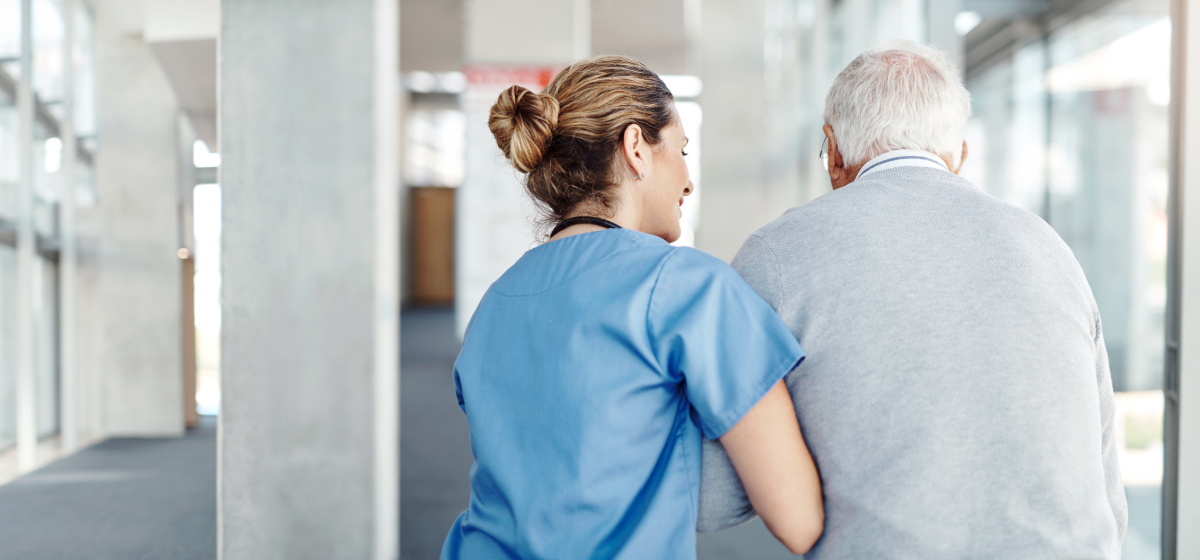
In a welfare society, the goal is that the whole population should be able to live as good lives as possible. This includes enjoying good health. In Norway, we have a public health service. This means that the state takes responsibility for people getting the treatment they need, irrespective of their personal finances. Private health services are also available. Those who use these services pay for their treatment themselves.
Regular GP
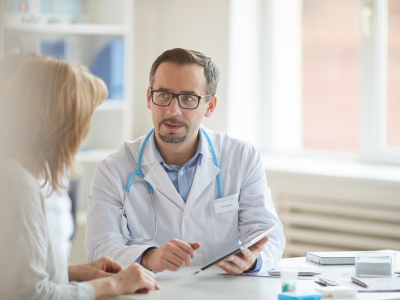
- The regular GP scheme means that everyone living in Norway has the right to have a general practitioner as their regular GP. In the event of your own illness or the illness of a child, you initially contact your regular GP.
- Your GP can then refer you to a specialist if necessary.
- When you want to see your GP, you have to call and make an appointment. You usually have to wait a few days for an appointment, but you generally get an appointment the same day if you are feeling very ill.
- You choose your own regular GP. You can swap your GP if you’re not happy, but no more than twice a year.
On the helsenorge.no website, you can find a regular GP, swap GP and find other important health information.
Online
Specialist doctors
- A specialist doctor is, for example, a gynaecologist, a dermatologist, an ear-nose-throat doctor or a specialist in children’s diseases.
- You generally get a referral from your regular GP if you need to see a specialist.
Hospitals
- The doctor decides if you need to be admitted to hospital. Hospital stays are free of charge. The public authorities will cover all costs of treatment, food and accommodation.
- When children are in hospital, one of their parents often stays at the hospital together with the child.
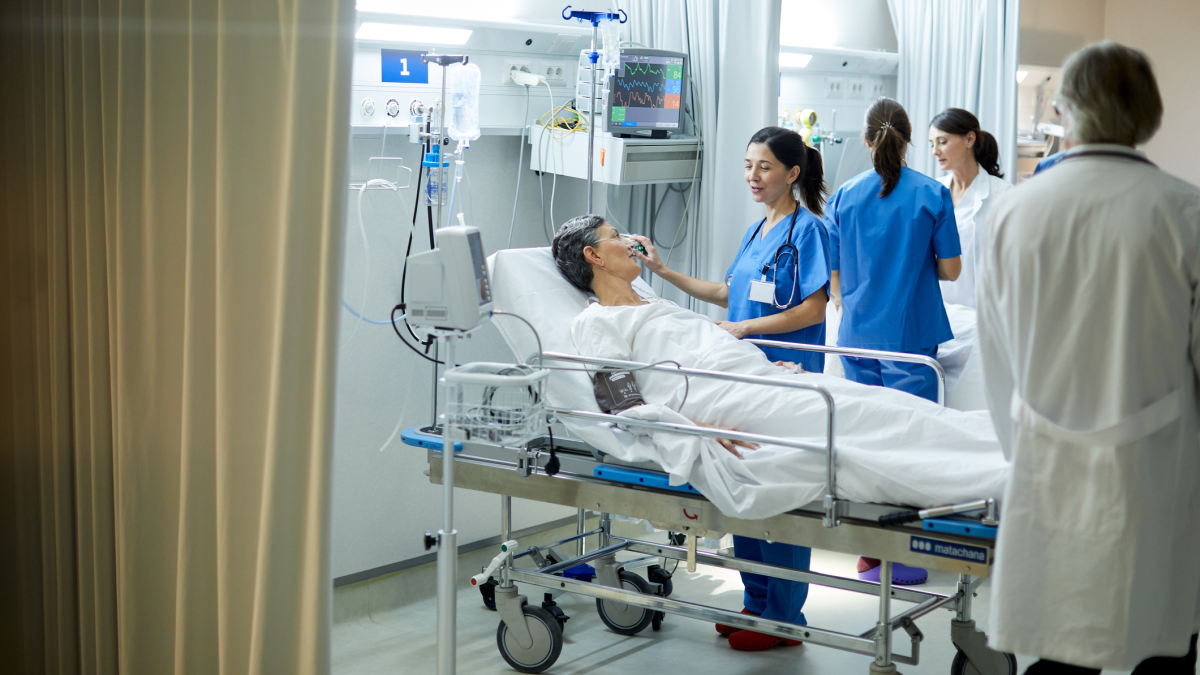
Outpatient treatment at a hospital
- Outpatient treatment means that you are treated at a hospital without being admitted. You arrive for your appointment and go home when your treatment is finished.
Emergency care
- If you or someone in your family becomes ill or sustains an injury when your GP’s surgery is closed, you have to contact the accident and emergency department by calling 116 117.
- If someone becomes seriously ill or sustains a serious injury and requires immediate assistance, you must call the emergency number 113.
- Talk calmly and provide information in the following order Who you are What has happened Where you are
Pharmacies
- Most medication can only be bought from pharmacies.
- Some types of medication, for example mild painkillers, can also be bought from grocery shops/supermarkets or petrol stations.
- The people who work at the pharmacies can help you to choose medication and tell you how to use it.
- You often need a doctor’s prescription to buy medication. The prescription states the name of the medication and how it is to be used.
- Prescriptions are often electronic, sometimes on paper. All pharmacies have access to digital prescriptions.
- You must be able to identify yourself (by bank card, driver’s licence, passport or ID card) at the pharmacy when you are going to pick up prescribed medication.
- If you have a serious and chronic illness, you can get medication, nutritional products and medical supplies on reimbursable prescriptions. You then pay a small fraction of the cost.
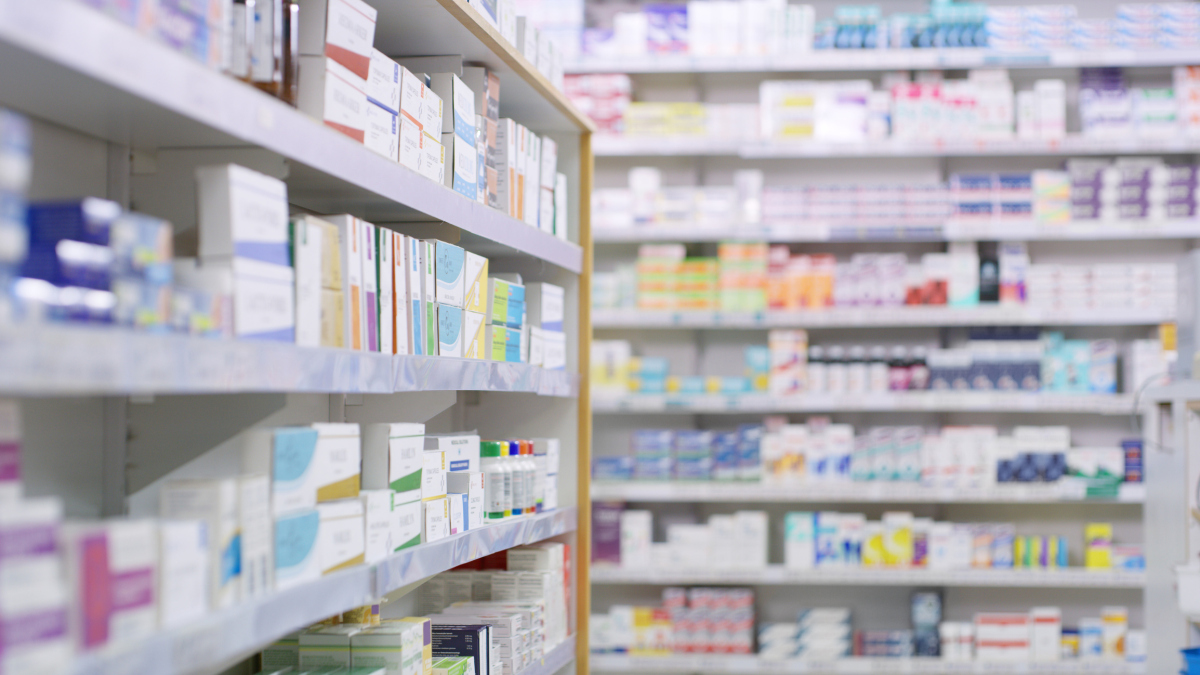
Duty of confidentiality
- Everyone who works in the health service is bound by a duty of confidentiality. This means that they cannot pass on information about you to others without your consent. You can thus talk freely to your doctor about your problems. You don’t have to be afraid that someone is going to find out what you have said, including members of your immediate family.
- You are entitled to know what the doctor writes about you in your medical record.
- The duty of confidentiality applies even if the person you have spoken to changes their job.
- The duty of confidentiality also applies to interpreters.
- Children over the age of 16 can decide whether their parents shall have access to their health information.
Patient charge
- The patient pays a patient charge, and the state pays the rest of what it costs to go to the doctor.
- Patients have to pay for bandages, syringes, medication, tests etc. themselves. This comes in addition to the patient charge.
- Children under the age of 16 do not pay patient charges.
Antenatal check-ups are free of charge. - The patient charge for a regular GP appointment is usually between 150 and 300 Norwegian kroner.
- If you have a chronic illness, you pay a patient charge for medication on reimbursable prescriptions.
- After you have paid a certain amount in patient charges in a calendar year, you will be entitled to an exemption card. When you have paid this amount in patient charges, the Health Economics Administration (HELFO) will send you an exemption card, or you will gain access to a digital exemption card at helsenorge.no. You must present this card when you go to the doctor's or buy medication on reimbursable prescriptions. This means that you do not have to pay patient charges for the rest of the calendar year.
Use of an interpreter
If you and the doctor don’t understand each other, you are entitled to an interpreter when you visit the doctor. This is free of charge.
Talk together

- How do the health services work in countries you are familiar with?
- The state pays for treatment when it is free of charge for the patient. Where does the state get the money from?
- What are the advantages of having a regular GP?
- Where is your closest accident and emergency department?

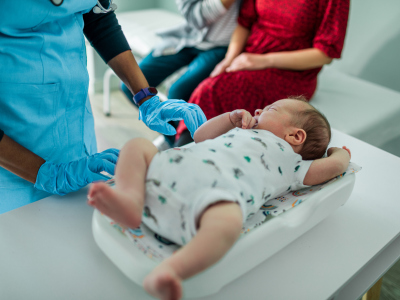
Select the right answer
What is a public health service?
Select the right answer
Who should you contact first if you need to see a doctor?
Select the right answer
What does a person have to pay to be admitted to a hospital in Norway?
Select right or wrong
Read the statements. What is right? What is wrong?
Select right or wrong
Read the statements. What is right? What is wrong?
